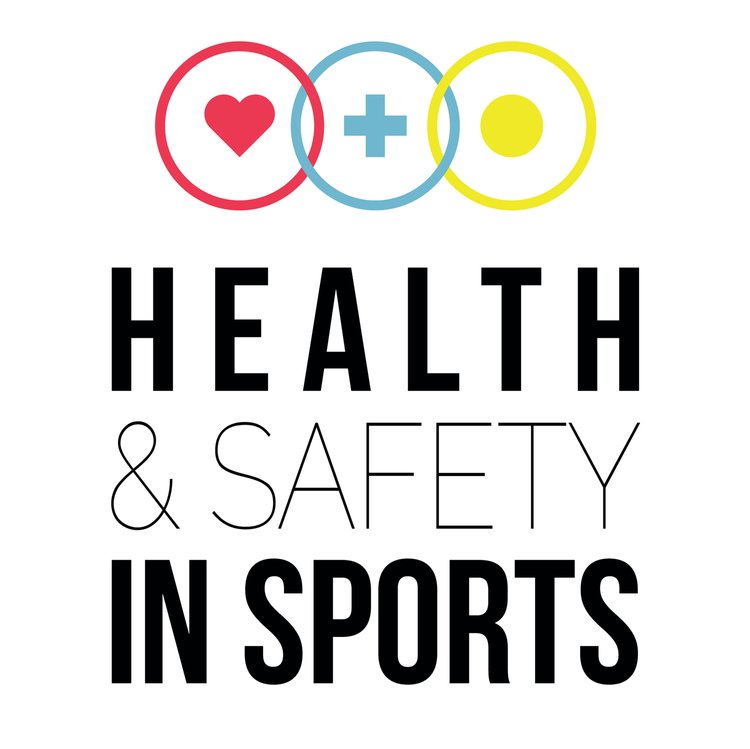Project Partners
This project is for a PhD in Health Science (Biokinetics) at the University of Johannesburg (SA). Supervised by Prof. Evert Verhagen at the VU University of Amsterdam, The Netherlands and Prof. Leon Lategan at the UJ.
Funding
None
Background
There are numerous studies that have been done on the prevention of sports injuries, but they always focus on one sporting code or type of sport, with little integration between different sports. The purpose of this study is to determine if there is an overlap in the risk factors between rugby (team, contact sport) and long-distance running (individual, non-contact sport). By identifying the potential overlap, one would develop a model which can be applied in all the different types of sport and settings. Although it is labelled as a Biokinetics model, it will be a model that can be used in various professions related to sport, wellness and orthopaedic. Biokinetics is a South African term, but appeals to physical therapy and exercise science in most other countries.
Injury prevention is a very popular topic, but numerous approaches have failed, due to the poor compliance rate. This is something that has been noted so far in this project and with the development of this model, hoping to overcome this barrier, by ensuring that the model is specific in its goals and success. Another possible outcome for this study is to develop a model that would be sustainable for the profession and industry and to simplify matters when it comes to injury prevention.
Study aim
The aim of the study is to establish a Biokinetic model for the prevention of sports injuries in rugby players and long-distance runners. These two sports fit into the different ends of the sporting continuum, with individual sports (long-distance running) on one end and team sports (rugby) on the other end. The model will be suited for the team, contact sports as well as individual, endurance sports. In order to reach this aim, the project is divided into different phases. A scoping review was done during the first phase to determine the prevalence of injuries in both sports, the risk factors for both sports and the current injury prevention strategies being utilized. Secondly, the Delphi process will be conducted with a panel of experts in the field of rugby, running and specialist Biokineticists, who focus on sports injuries, as well as athletic trainers or sport and conditioning specialists. Concurrently, retrospective injury surveillance will be conducted through an online injury recall questionnaire from the previous 12 months. After all the rounds of the Delphi has been completed, a draft of the model will be designed and then the last rounds of the Delphi process will be used to evaluate and critique the model. After the final model has been developed, it will be implemented at various running and rugby clubs for a 12-month period. Thereafter, another retrospective injury recall questionnaire will be distributed to the same clubs and comparative analysis will be done to determine if the implementation of the model was successful. The final step will be focus groups, to assess the effect and success of the model, to critique it if needed and to make the final changes to provide the best possible model for sports injury prevention.


